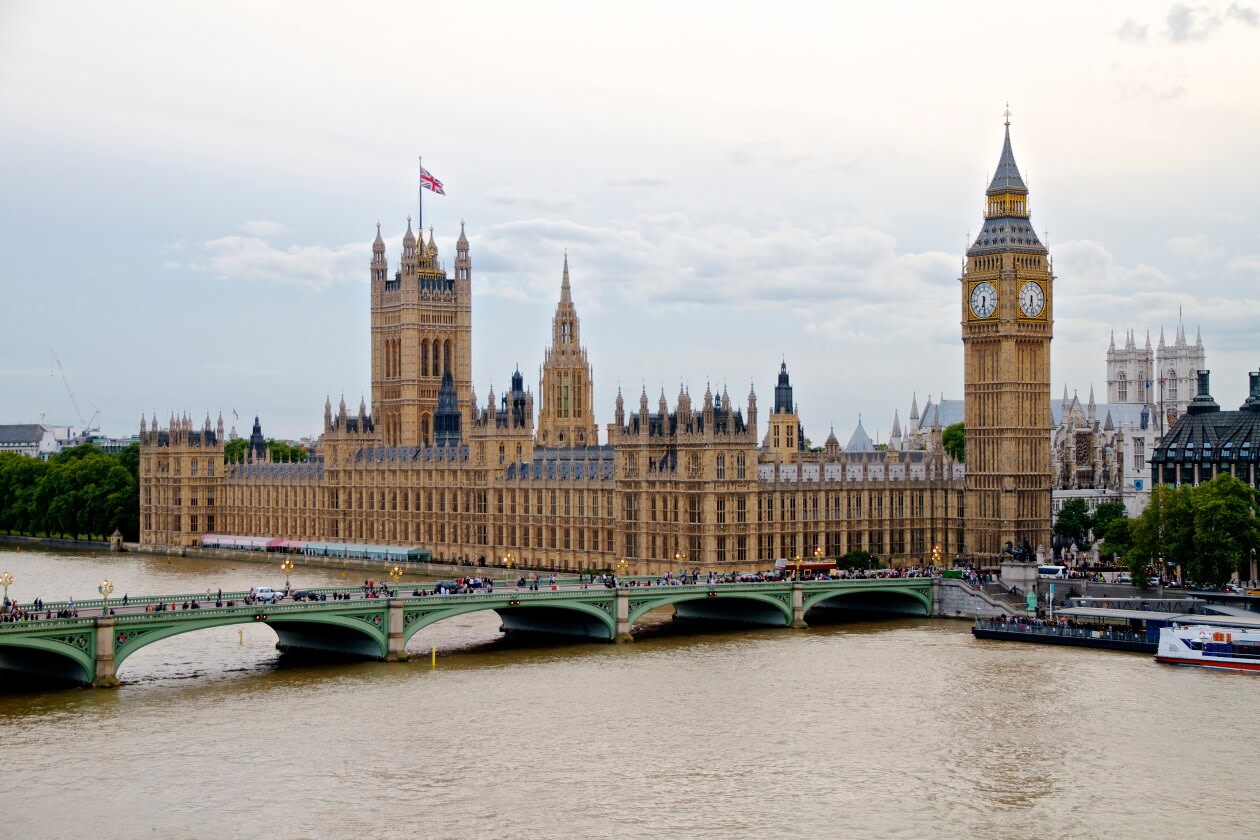As Rachel Reeves looks to shore up weak economic growth at the upcoming Autumn Budget, many experts have forecast that changes to pensions are on the cards as a way to raise new revenue.
Labour has remained committed to its manifesto pledge not to raise income tax, VAT or National Insurance for workers. This means less conventional means of bolstering public finances are more likely.
Analysts at LCP, including former pensioners minister Steve Webb, have looked at the three most likely ways that the chancellor may seek to change pensions in the UK, each with its own drawbacks.
Mr Webb has warned against these changes, saying: “Raiding pension tax relief may look superficially attractive for a cash-strapped chancellor.
“[But] the political backlash against such reforms could easily echo previous ‘Omnishambles’ Budgets where a U-turn was made within a matter of weeks.”
Others, such as researchers the Institute for Fiscal Studies (IFS), have previously encouraged measured changes to the UK’s pension system. And with the chancellor reportedly looking to make more ‘progressive’ taxation changes at this years’ Budget – with the focus more on wealthier individuals – targeting private pensions may be part of her plans.
Here are the three most likely ways Ms Reeves could change pensions, according to the experts:
Cutting higher rates of tax relief
Pension tax relief effectively boosts savers contributions with a top-up from HMRC.
Savers who pay basic rate tax get a 20 per cent boost to their pension contributions, while higher rate taxpayers get 40 per cent, and additional rate earners get 45.
The scheme effectively ensures that no tax is paid on pension contributions. It is designed to encourage people to save more for retirement, as income that would go taxed as wages can instead go virtually untaxed as pension deposits.
In practical terms, it means that for every £80 an earner pays into their personal pension, they get £20 tax relief added automatically – equalling £100 in their pension pot.
One rumoured proposal would see this relief cut back for high earners, meaning everyone gets pension tax relief at a flat rate of 20 per cent, regardless of their income tax bracket.
A report from the IFS last year found that this would create £15 billion more a year for the exchequer, “the vast majority of which would come from those who are in the top fifth of earners.”
However, both the IFS and LCP also point out that the measure would impact middle-to-high-income earners in the public sector, who enjoy generous tax relief on contributions they make to their workplace pension schemes.
“It would be a clear breach of the manifesto commitment not to tax workers more,” the LCP report adds.
Abolish or cap 25 per cent tax-free lump sum
Under current rules, people take a quarter of their private pension tax-free, up to a maximum of £268,275.
The estimated annual cost of this is £5.5bn, with 70 per cent of the relief going to pensions accumulated by those in the top fifth of earners, the IFS has previously found.
This could be changed, the influential think tank added, with the amount capped closer to £100,000. This could pull back around £2bn a year, researchers found, “with losses concentrated among the relatively wealthy.”
The LCP points out that an issue with this is the difficulty people would face in pension planning if the change was brought in suddenly. It says: “Extensive transitional protection might therefore be needed, which would delay any major revenue-raising potential.”
Pull back salary sacrifice freedoms
Workers are currently able to accept bigger pension contributions in exchange for upfront pay. While this can be a great arrangement, particularly for workers looking to boost their pots in the run-up to retirement, it also means less money for the exchequer.
This system now costs the Treasury around £4bn a year, LCP points out, meaning it could be targeted to make savings. Around three million people benefit from an arrangement allowed under the policy.
However, the pensions experts don’t advocate for the change, warning it would risk undermining the ability of employers to offer attractive workplace pensions, and could also lead to a sharp downturn in pensions saving, “storing up trouble for the years ahead.”
This article was written by Albert Toth from The Independent and was legally licensed through the DiveMarketplace by Industry Dive. Please direct all licensing questions to legal@industrydive.com.

